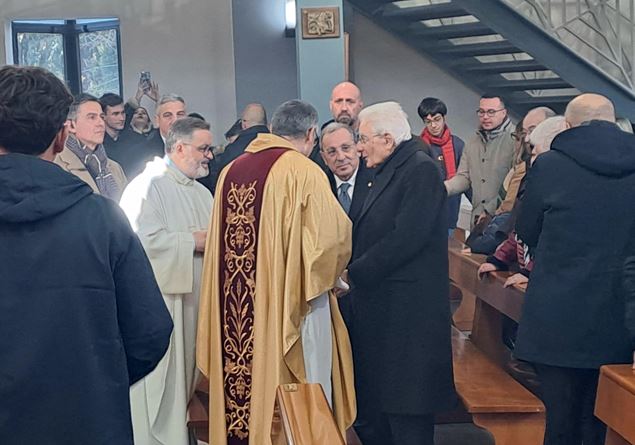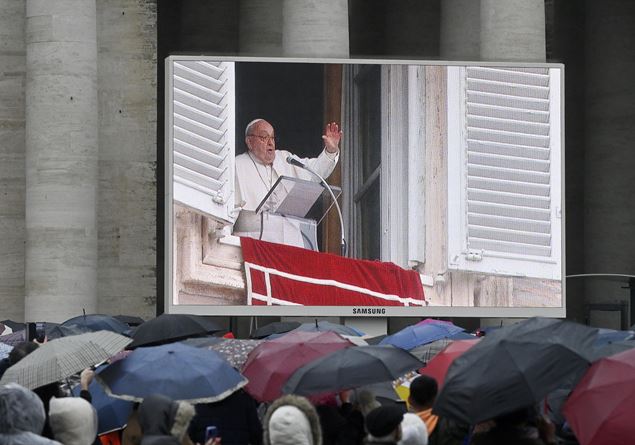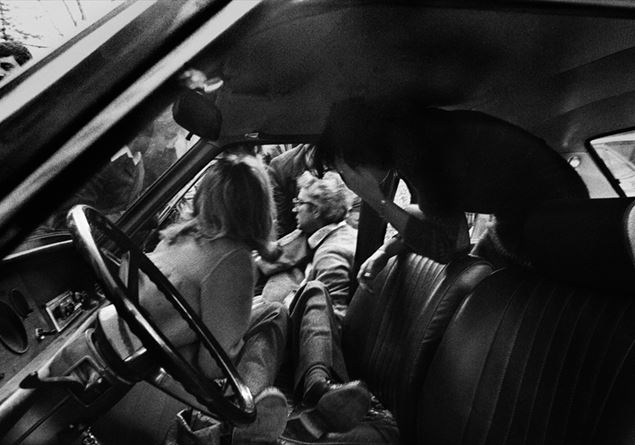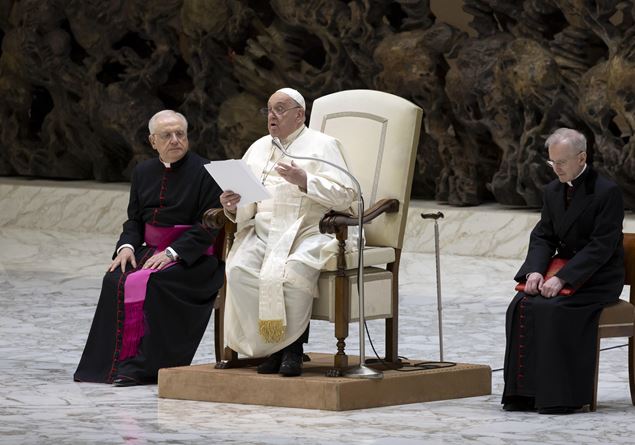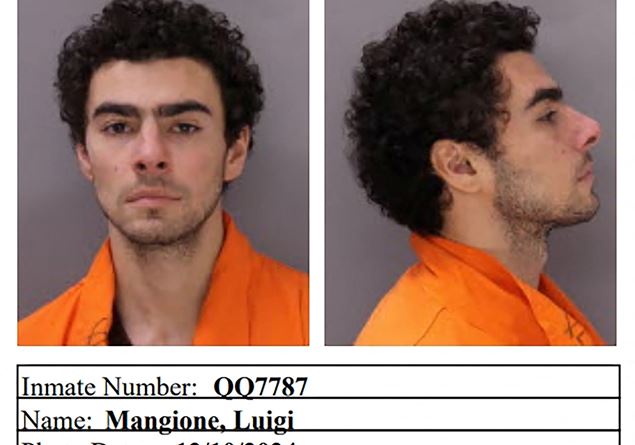
by Lorenzo Rossi
When a murder in the middle of Manhattan turns into a national soap opera, you have to wonder if America really has a problem with justice or, more simply, with common sense. On December 4, Brian Thompson, CEO of UnitedHealthcare, the largest private health insurance company in the country, was shot dead on the doorstep of a luxury hotel. His killer, Luigi Mangione, 26, was captured after a daring escape that lasted five days. So far, a classic metropolitan noir. But, as often happens, the real show began afterwards.
As soon as Mangione’s name was leaked, social media exploded. In the space of a few hours, the aspiring vigilante’s Instagram profile went from 2,000 to 45,000 followers, while on X (formerly Twitter) he became a celebrity with 180,000 followers. What is surprising is not only the speed with which America builds its myths, but the lightness with which it justifies them. Video montages, memes and hashtags like #FreeLuigiMangione have spread like a virus, transforming him into a modern-day Robin Hood. “Not only is he intelligent and cultured, but he also fights for us,” writes a fan, adding that “he is also handsome”. It almost seems that the crime takes a back seat: some deal with aesthetics, some with morality, some with both.
Mangione, son of a wealthy family, an engineering graduate and, for some, an icon of a protest against the American healthcare system, has triggered a debate that is shaking the country. Because yes, the US healthcare system is a labyrinth of greed and injustice, a mechanism that often leaves the most vulnerable behind. UnitedHealthcare, with its $16.4 billion in profits in 2023, rejects a third of patient reimbursement requests. It is normal for this reality to generate anger. But is it right to turn a murderer into a symbol?
The investigators found a manifesto written by Mangione, in which he attacks the American healthcare system, calling it “the most expensive in the world, but with a miserable life expectancy”. An x-ray of damaged vertebrae also appeared on his X profile, suggesting possible personal reasons behind the gesture. But it is difficult to understand where social grievance ends and private revenge begins. Meanwhile, the White House has taken a stand. “The use of violence to oppose corporate greed is unacceptable,” spokeswoman Karine Jean-Pierre said. Words that weigh like a brick, but slide across America like rain on glass.
Mangione divides. Between those who see him as a martyr and those who, more soberly, consider him only a murderer, the debate has become bitter. But one thing is certain: America needs symbols, heroes and anti-heroes, faces that represent its contradictions. Luigi Mangione, consciously or not, has ended up at the center of a short circuit between indignation and idolatry. And Brian Thompson, the man who lost his life in this affair? In the sea of speculation, he almost seems to disappear, crushed under the weight of the myth that is being built about his executioner. And with him the sacred meaning of human life, for which no murder is justifiable. This too, after all, is an American story.



